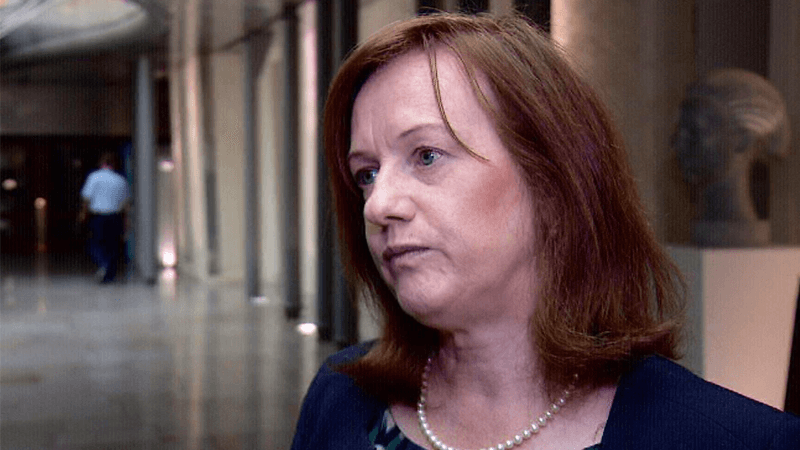An SNP politician has criticised the Scottish Government for citing research that claims men sharing women’s facilities is no different to women sharing with those who have had mastectomies.
MSP Joan McAlpine called the comparison “insulting to breast cancer survivors”.
The controversial research, produced by the University of Bristol, was cited by the Scottish Government in a consultation on gender recognition law.
‘Distressing’
McAlpine said the research implies that, “for a woman, catching sight of a male body in a changing room should be no more distressing than seeing another woman with a mastectomy”.
Homosexual activist group LGB Alliance agreed, stating: “Women do not wish to share sex-protected spaces with men. It’s partly about safety and partly about privacy and comfort.”
Minister Shirley-Anne Somerville claimed the Government ‘would not support’ that element of the research.
But last month Somerville set out a draft Bill removing safeguards in the process of changing legal sex in Scotland, including reducing the waiting period from two years to just six months.
Young children
McAlpine’s criticisms come as it has also been revealed that the number of children referred to Glasgow’s Young People’s Gender Service has risen.
The number of children referred to the clinic between the ages of four and ten-years-old rose from 18 in 2017 to 33 in 2018.
The number of those between eleven and sixteen-years-old increased from 198 to 264.
‘Irreversible’
Trina Budge, co-founder of women’s rights group Forwomen.scot, said that very vulnerable children who may “be autistic, suffered trauma or have other co-morbid mental health conditions are at risk of being sent down an irreversible and experimental medical pathway”.
Budge added: “We do not have basic information on patients in Scotland, whereas in England we know 74 per cent of young patients were girls and that was enough to prompt an inquiry.
“We really do need more information about what is going on”.

